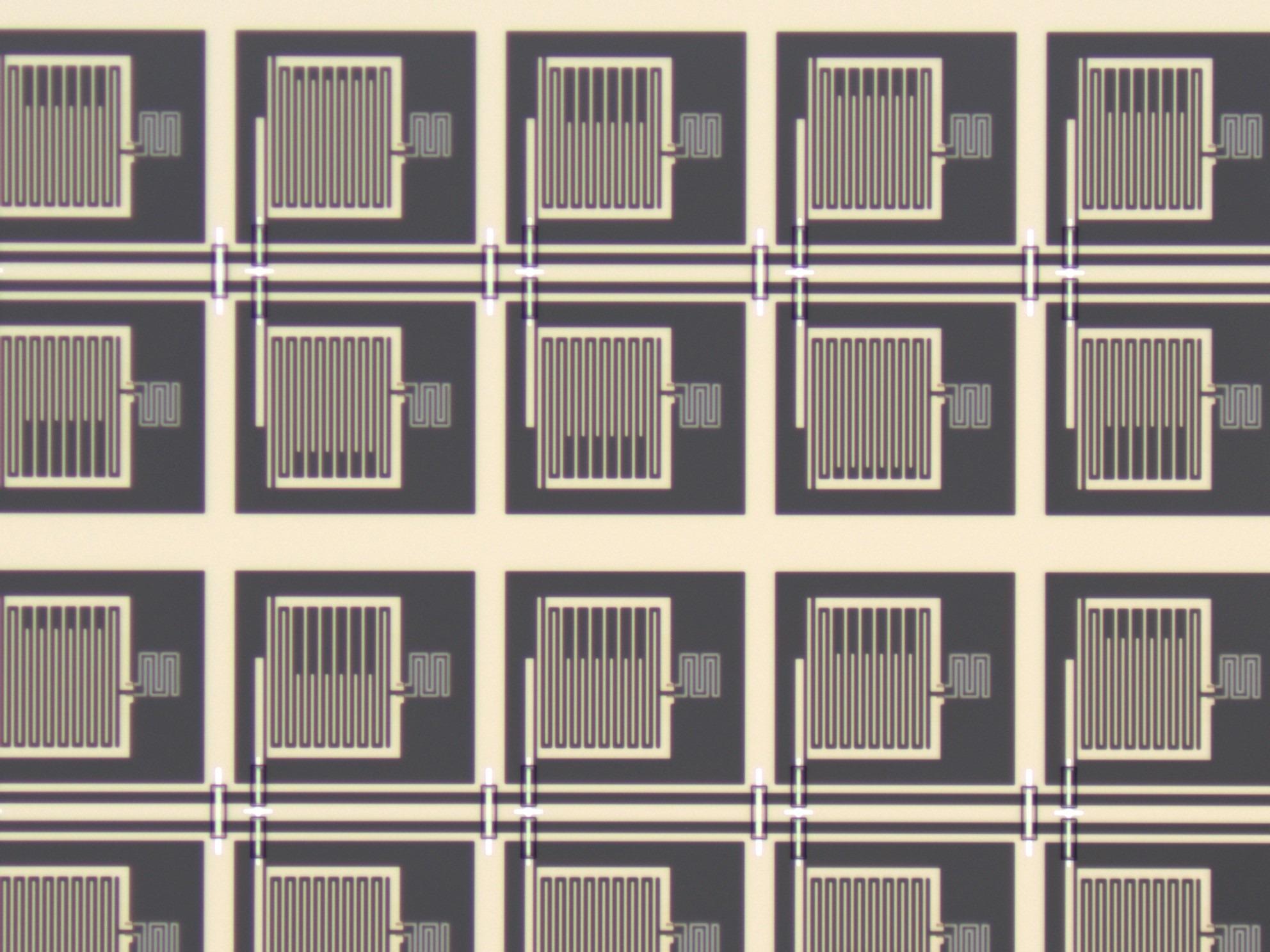Researchers have learned that electron pairs can remain together even when the superconducting state has broken down. They detected the occurrence in titanium nitride until up to twice the critical temperature.

Image Credit: SRON - Netherlands Institute of Space Research
In standard superconductors, electron pairs and superconductivity go together. Titanium nitride is used for its superconductive features in space exploration for finding exoplanets. Details of the research can be found in the October 29th issue of the journal Science.
The precise mechanism underlying superconductivity is one of the longstanding mysteries of physics. One theory explains why certain materials become superconducting: After being cooled below their transition temperature, the electrons in the material pair up to develop Cooper pairs. These Cooper pairs condense into a quantum liquid that flows easily, without any conflict, through the crystal, causing superconductivity.
Thus far, physicists believed that the formation of Cooper pairs and the condensation into the resistance-free state is a combined process that occurs instantaneously.
“That’s what we all learned in textbooks,” says Leiden physicist Koen Bastiaans, lead author of the study.
Now comes the big revelation. Bastiaans and colleagues have found that Cooper pairs could continue to exist above the superconducting transition temperature, developing a new puzzling quantum liquid state.
This means that the formation of Cooper pairs is not the same process as the condensing itself. For me, this completely changed how I think about superconductivity.
Koen M. Bastiaans, Study Lead Author and Physicist, Leiden Institute of Physics
The study began with a close partnership with the Delft University of Technology and SRON Netherlands Institute for Space Research, concentrating on the superconductor titanium nitride, which is also employed in sensitive optical detectors for space exploration.
The physicists utilized a new method known as Scanning Tunneling Noise Spectroscopy that quantifies the electrical noise within the material. The noise is different for pairs than for individual electrons.
It's a bit like listening to raindrops falling on the roof. When the drops grow fatter, the drumming sound of the rain changes.
Koen M. Bastiaans, Study Lead Author and Physicist, Leiden Institute of Physics
While the superconductivity disappears at 2.95 Kelvin (degrees above absolute zero), the Cooper pairs remain around until the temperature touches approximately 7.2 Kelvin.
So you can have Cooper pairs without condensation and superconductivity. There had been hints that this was possible, but never uncontrovertible proof. The Cooper pairs we found form a new kind of quantum liquid.
Koen M. Bastiaans, Study Lead Author and Physicist, Leiden Institute of Physics
Researchers from SRON, including Pieter de Visser, employ titanium nitride to formulate a detection procedure for space instrumentation — Microwave Kinetic Inductance Detectors (MKID). These superconducting detectors can quantify the energy of specific photons from exoplanets.
To enhance the detection mechanism, they need to comprehend the physics underlying it. Therefore, they worked together with Bastiaans’ group and contributed by offering the titanium nitride samples.
We show that technology development and fundamental science go hand in hand. While we are trying to understand the science behind an observational technique for astronomy, it can lead to fundamentally new physics.
Pieter de Visser, Researcher, SRON Netherlands Institute for Space Research
Journal Reference:
Bastiaans, K. M., et al. (2021) Direct evidence for Cooper pairing without a spectral gap in a disordered superconductor above Tc. Science. doi.org/10.1126/science.abe3987.